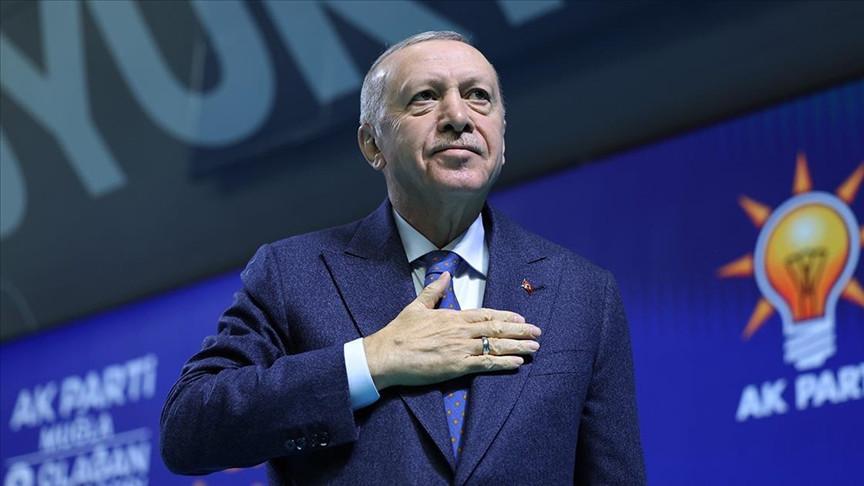End of the Eurozone?
“The problem with the Eurozone is with the very structure itself. Putting everybody into a single currency makes it difficult for them to adjust. Before the euro, some of the countries had to devalue their currencies to remain competitive internationally. On Jan. 1, 1999, all of those countries came together and they expected ‘the Italians to behave like Germans’ ... and when the crisis hit them in 2008, the whole system collapsed and everybody went back to their old problems.” Thus, Alan Greenspan the former Chairman of the Fed from between 1987 and 2006 described the current state of the Eurozone. He was speaking to the BBC Newsnight program on the occasion of the publication of his latest book “The Map and the Territory” and his outlook of the world economy was not optimistic.
He is not the only one who is skeptical over the viability of the Eurozone model. Europe is finding it hard to discover a new economic structure to overcome the current crisis and to maintain the fundamental “EU acquis” on freedom and democracy while keeping itself globally competitive and innovative. It finds it even harder to balance between maintaining employment and keeping fundamental labor rights, while struggling for economic growth.
The news is not good even for the ones whose economic doctrines of austerity and good housekeeping has been the imposed recipe for the rest of the Eurozone countries: Last week the leading economy in the Eurozone, Germany, showed its biggest fall since the beginning of the crisis in 2009 with its industrial production shrinking by a huge 4 percent. If this is bad news for Germany, it is worse for the struggling France and Italy whose young leader Matteo Renzi is battling to show to his electorate his fresh ideas. He wants to show that he has new ideas to put across to the leaders of the Eurozone that would alleviate the disastrous social repercussions that the problem of unemployment causes to his people. Renzi is new blood for the European South. The Greek leftist opposition of Syriza, eager to come to power soon, is placing a lot of hopes on a future collaboration with him. There is a new movement across Europe of political parties and movements that are diametrically opposing the structural model of the Eurozone,
On Oct. 15, Renzi will host his European colleagues in Milan to talk on the deep problems of European economies: low growth and unemployment. This will put on the table the fundamentals of running the Eurozone again: strict budget rules that apply to all members, fiscal consolidation if needed, reforms wherever needed, tight-belt measures until the targets are reached.
Previous attempts to discuss the rules of Eurozone in an environment of a persistent economic crisis have hit the denial wall of the Germans for any change on the structural model. Yet the recent poor figures from the German economy may become a tool in the hands of the leaders of ailing economies such as that of Italy and France. Will the Milano summit be different? Will Germany change its position and be prepared to spend some of its surplus, would it even discuss to ease its strict budgetary rules? Is the low interest rates policy of the European Central Bank under the Italian Mario Draghi helping the ailing European economies enough or is the euro becoming too weak?
Analysts have for some time now pointed out that there is deep division within Europe on how to manage its affairs. The crisis in the Eurozone has brought up to the surface a deep cultural split between the North and the South, which in the words of Greenspan “making the Italians behave like the Germans.” Maybe this is the time for a redefinition of concepts, such as the “European” identity.











